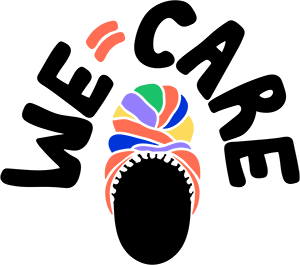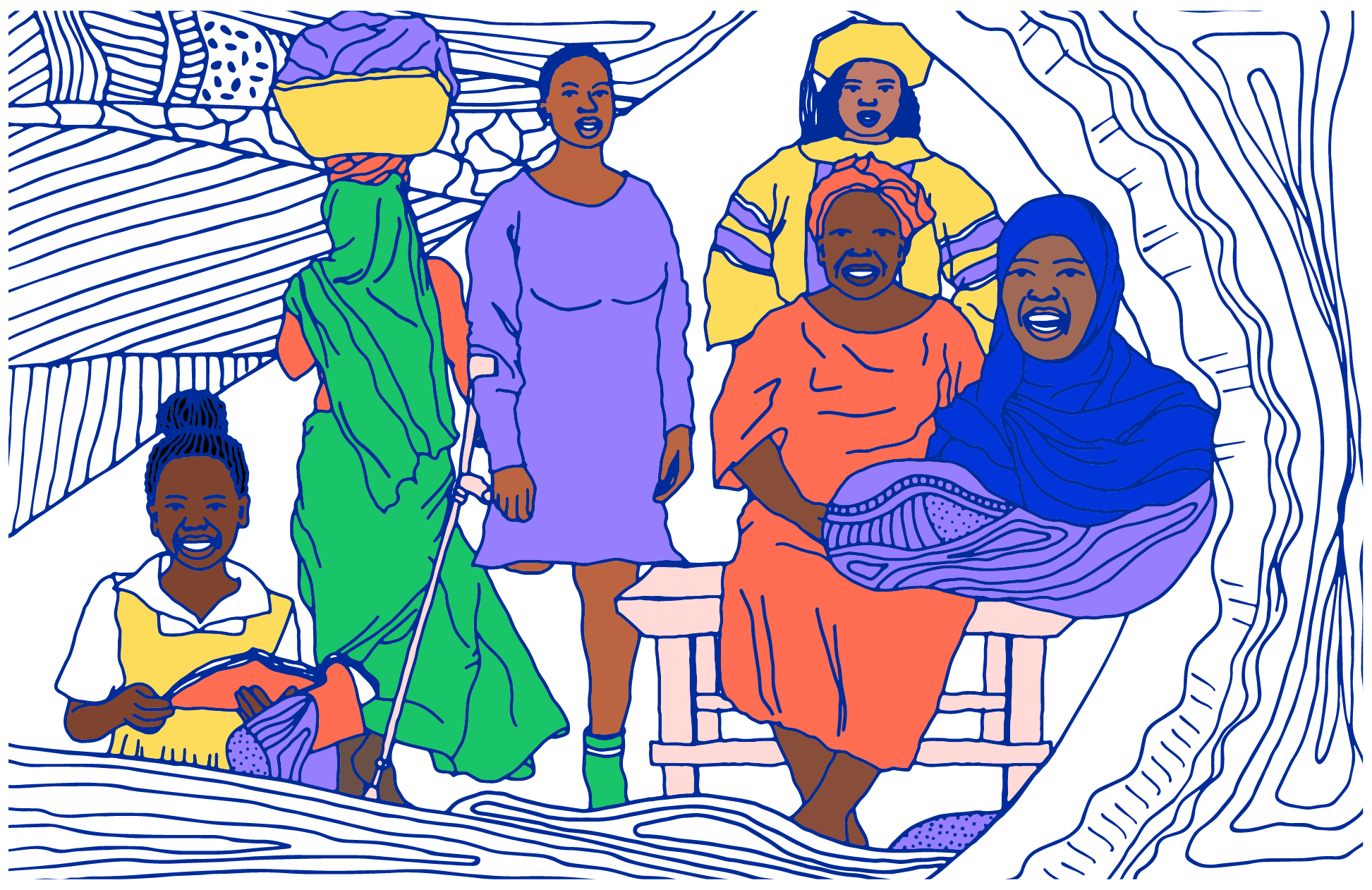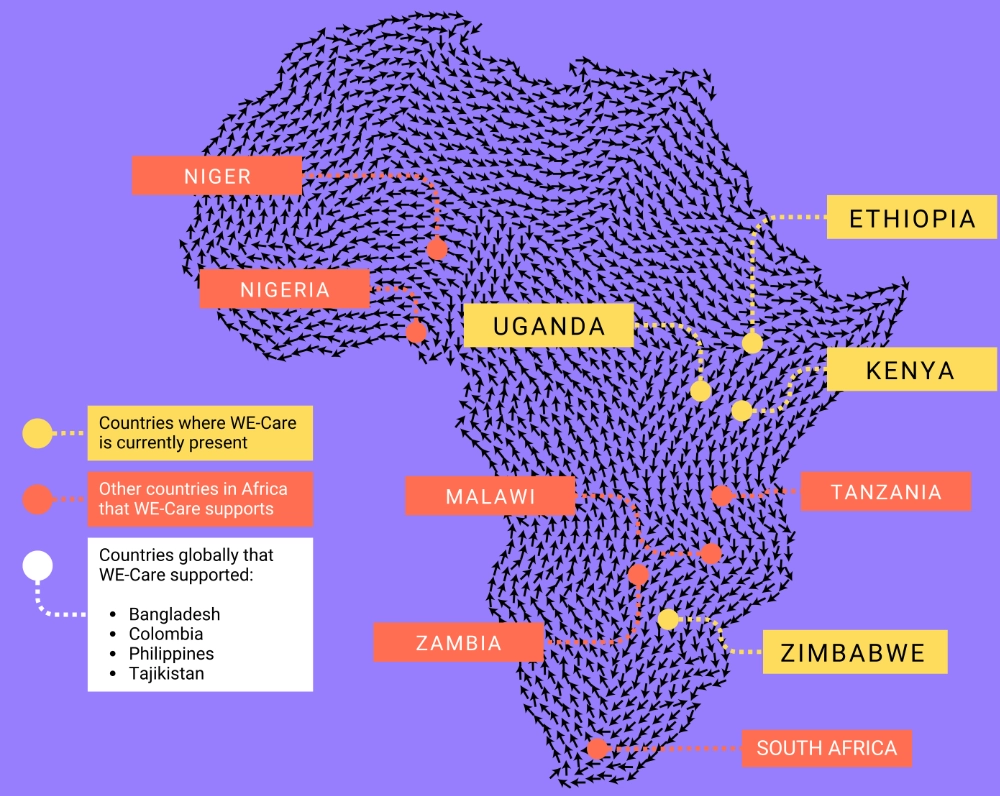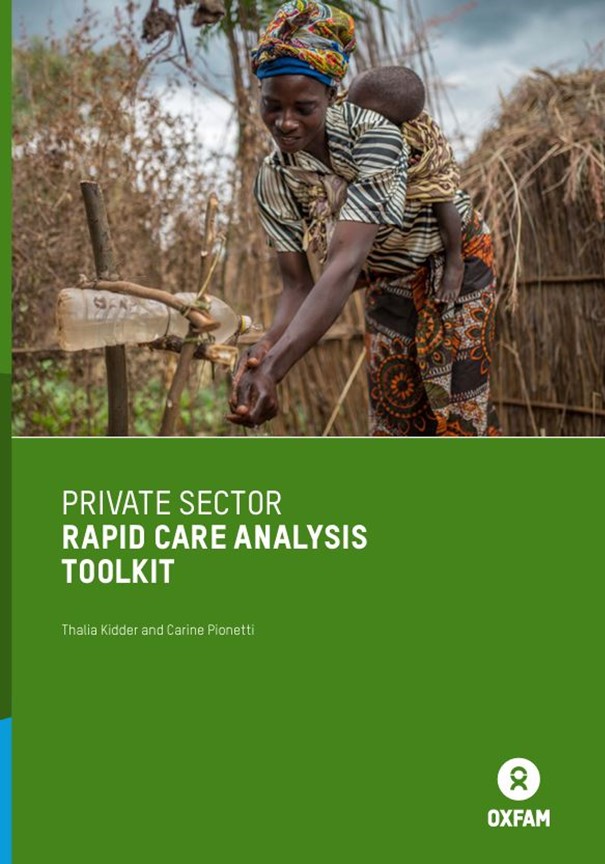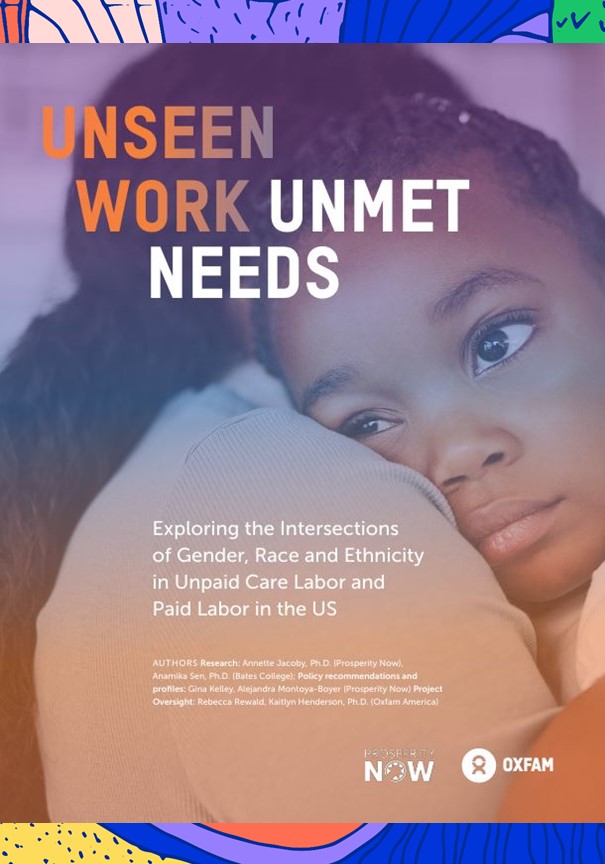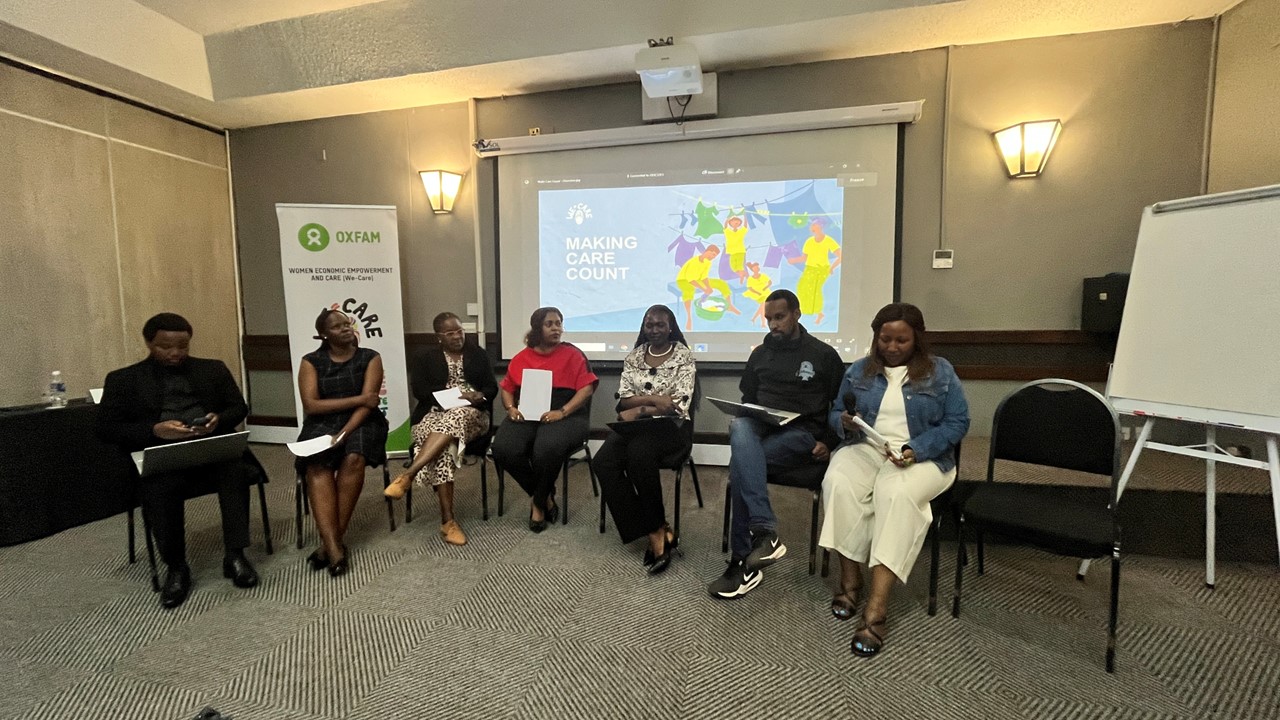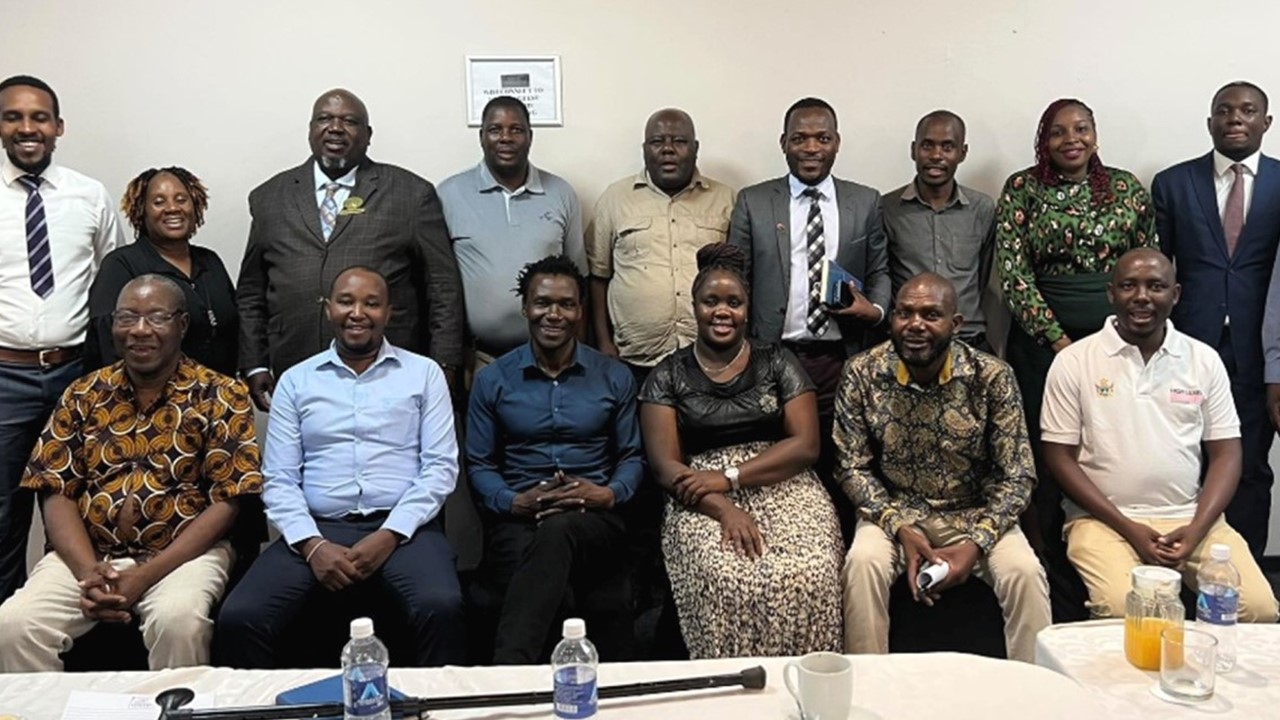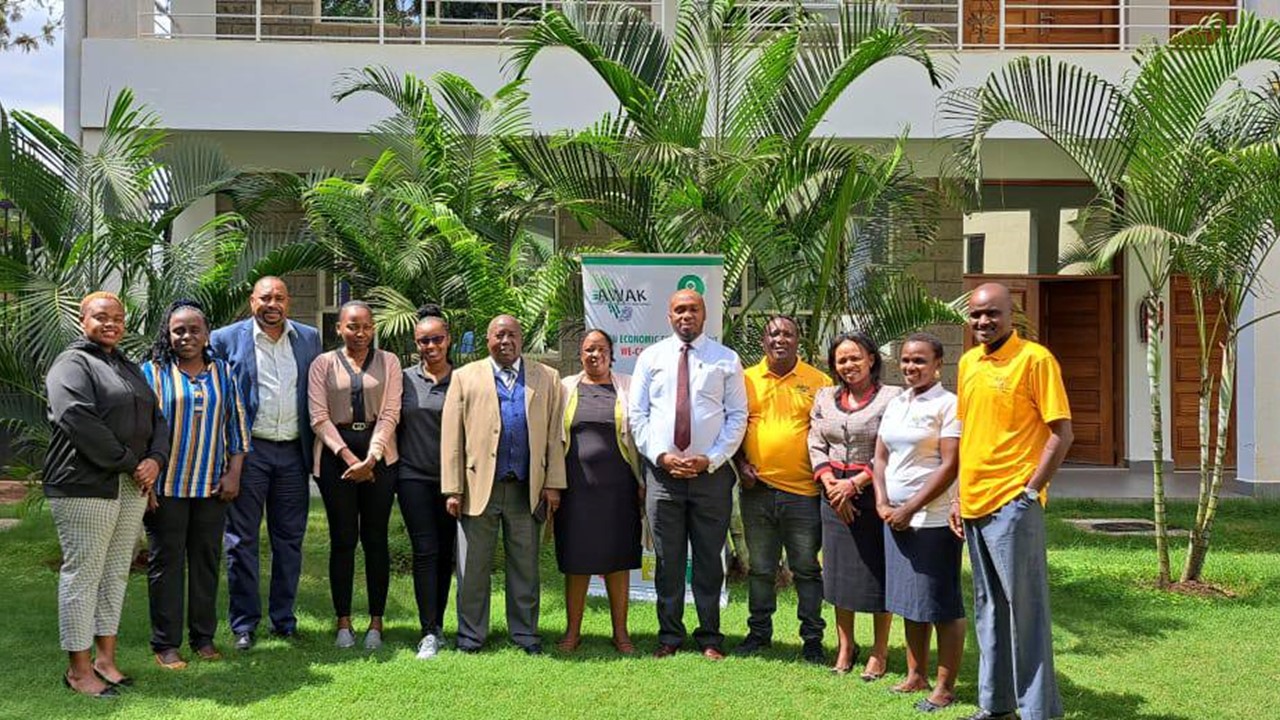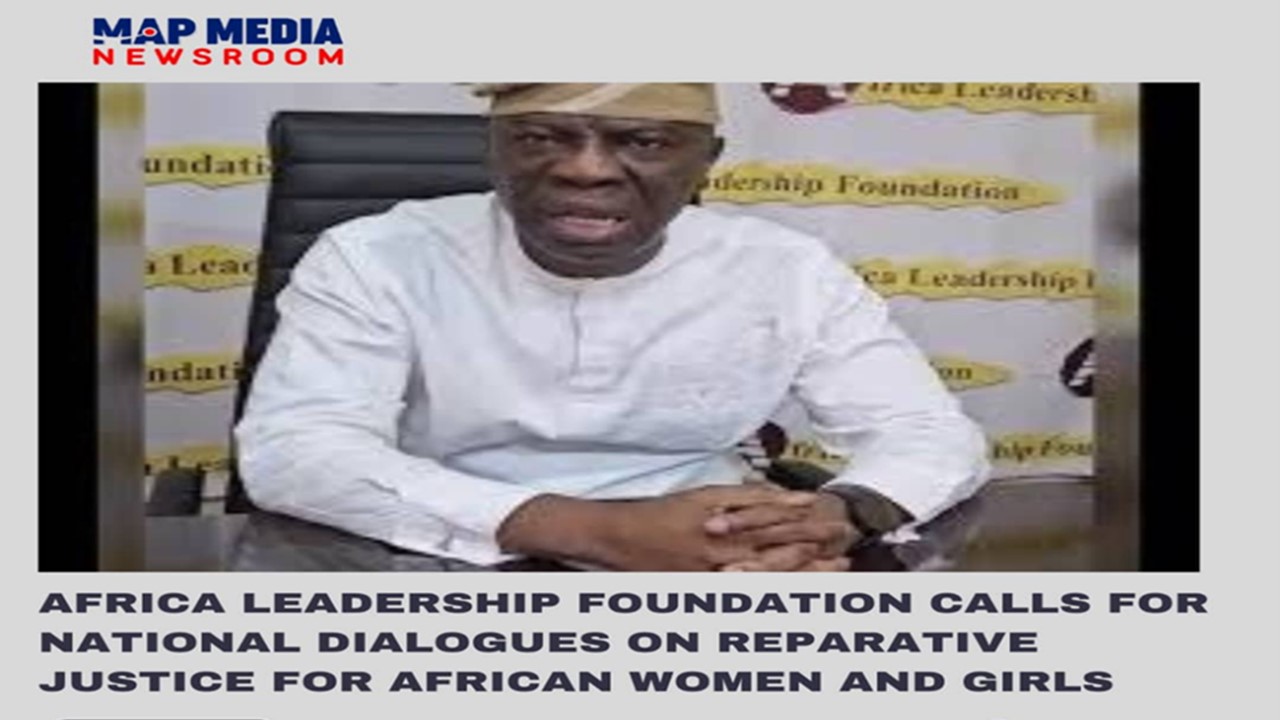Across the globe, unpaid care and domestic work (UCDW) forms the bedrock of our communities and economies. It's the unseen labor that sustains families, cares for the vulnerable, and keeps our world running. Without it, our economies would collapse.
But this vital work falls disproportionately on women and girls, limiting their access to education, employment, and political participation. This inequality perpetuates poverty and silences their voices in shaping solutions.
The WE-Care Program champions a just and inclusive society by recognizing, reducing, and redistributing UCDW. We’re building a world where women and girls have greater autonomy and choice at every stage of life. We empower carers to influence policies and budgets, ensuring their voices are heard at every level.
